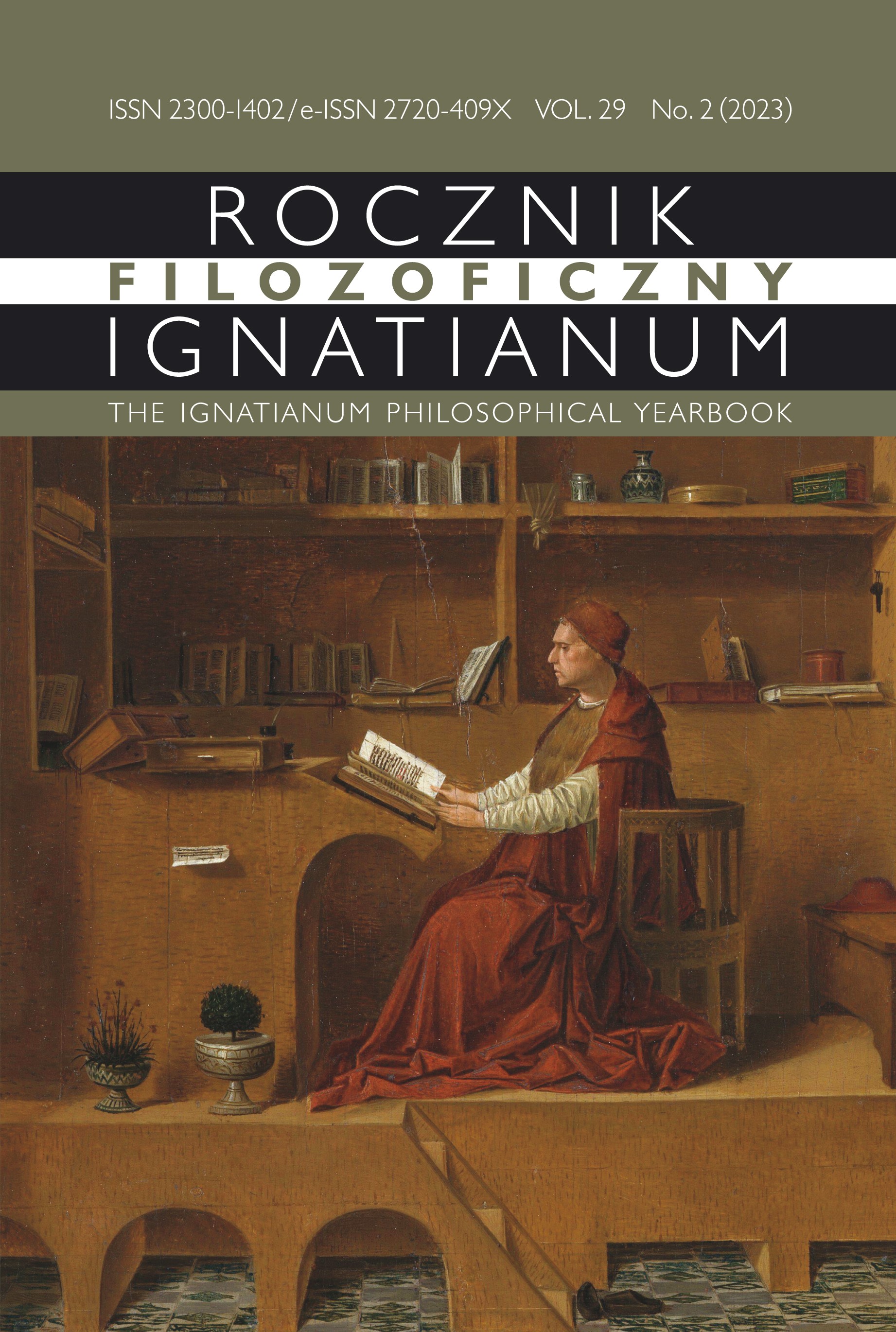The Tragic Pedagogy and Patho(s)logy of Jean- Jacques Rousseau
Abstract
In the article, I show that the life and work of Jean-Jacques fit into the pattern of Greek tragedy in a bizarre way. It is a one-man theatre, inspired by the performances of Thespis – the first tragedian. Throughout his life, Rousseau played with great pathos the role of a sufferer who, as a human being, is oppressed by people. All his texts are about his own individual freedom. Purportedly defending this freedom, Rousseau puts on many theatrical masks and impersonates God and many fictional characters, thanks to which he wants to change the world to the one that better suits his needs. Two major works by Jean-Jacques, The Social Contract and Emil, written at the same time, are a dramatic attempt to combine the polis with the oikos and recreate the lost individual paradise. Soon his paranoia reaches its apogee and Rousseau feels himself a victim of a universal conspiracy against him and makes frantic attempts to preserve for posterity his pathological work in which he acts as a judge in his own case. In Reveries of the Solitary Walker, he finally finds himself in his paradise, but this means that he completely loses contact with reality and succumbs to an illusory identification with the nature he adores. Performing on an imaginary stage, Rousseau probably does not realize that he himself is the oppressor of those close to him. He cynically uses people who support him to achieve success in life and confirm his extraordinary greatness, and he sends his own children to orphanage so that they do not interfere with his career. In this way, he discredits himself as a human being and fails as a tragic creator, because he acts under the influence of pride (hybris) and is unable to adequately assess the situation in which he finds himself (hamartia). Perhaps cleansing from guilt (katharsis) would bring him to undergo medical water therapy for maniacs, about which Foucault writes in Madness and Civilization. A History of Insanity in the Age of Reason. Rousseau, however, neither seeks help in it nor in Freudian psychoanalysis (unavailable in his days), which would allow him to tell a therapist about all his dreams of power, free himself from suppressed desires and fantasies, an finally return to the world of normal people as a man without delusions of grandeur and persecution mania.
Copyright (c) 2023 Jesuit University Ignatianum in Krakow

This work is licensed under a Creative Commons Attribution-NoDerivatives 4.0 International License.
The Yearbook only accepts materials for publication that are free of all conflicts of interest, and that in no way involve conflicts over authorship, copyright, etc. The Editors will take action against any cases of plagiarizing, ghostwriting1, guest/honorary authorship2, etc. Where co-authored work is concerned, the Author listed first is expected to take responsibility for the submission, and is required to make clear the contributions of all of the Co-Authors involved. In the event of the publication owing its existence to funding dedicated to this purpose, this fact should be made clear: e.g. in any note of thanks/acknowledgement, or in a footnote, etc. Explicit notification should be given of any form of reprinting, with the appropriate evidence of permission to publish being furnished as required. Any impropriety on the part of Authors/Reviewers risks exposing them to appropriate responses from the relevant institutions.
______
1 This term refers to instances of a person who has made an essential contribution being omitted from the list of authors, or from notes conveying gratitude and/or acknowledgement.
2 This occurs when a person who has made either an insignificant contribution or no contribution at all nevertheless appears on the list of authors.





